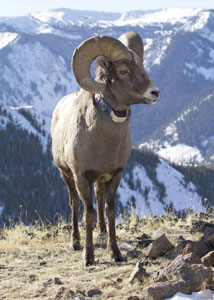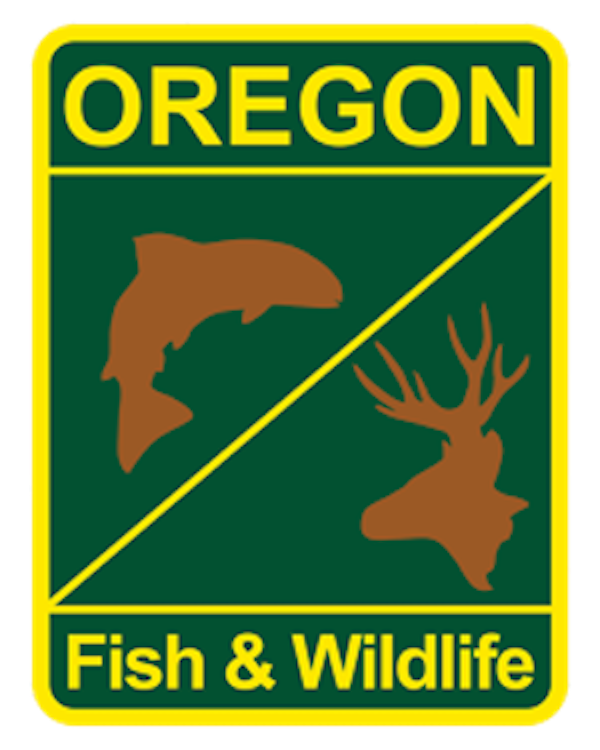Idaho Fish Report
$3,500 reward for information on bighorn ram poached at wildlife area

by OR Department of Fish & Wildlife Staff
3-30-2020
Website
TROY, Ore.— The reward now stands at $3,500 for information leading to a citation or arrest in the case of a bighorn sheep poached at Wenaha Wildlife Area in late January.
The Oregon Hunters Association (OHA) would like the perpetrators brought to justice. Yamhill, Josephine, Bend, Umpqua, and Rogue Valley Chapters have contributed $500 each to the Turn In Poachers (TIP) Fund to increase the reward to $3,500.
To provide information on this case or any poaching, call the Turn In Poachers (TIP) line by dialing *OSP or 800-452-7888.
The poaching was first announced by OSP in late January. A severed ear and damaged GPS collar were all that were found after the bighorn sheep was poached near Troy. The GPS collar transmitted that the animal had died on Sunday, Jan. 26.
The severed ear, which has an identification tag, is from an adult ram. The GPS tracking collar, which was programmed to indicate mortality if it didn’t move for nine hours, had been cut loose from around the animal’s neck. Both were found lying on the ground near a feeding station. Forensics evidence indicates the animal was shot, according to Oregon State Police Fish and Wildlife Sergeant Chris Hawkins.
Oregon Department of Fish and Wildlife staff provide winter feed for a variety of animals at the Wenaha Wildlife Area, where the crime occurred. Elk, deer, bighorn sheep and mountain goats all benefit from hay made available when snow cover limits winter grazing areas. However, the trek toward food makes the animals’ presence predictable, which creates opportunities for poachers.
When ODFW Wildlife Technician Sharon Curtis went to investigate a mortality signal from the GPS collar, she expected to find a sheep carcass. Instead she found the collar, which had been cut, and the ear with tag still intact. Melted snow had flattened the grass, but she could see where the carcass had been dragged toward the road. She found two spots of blood and several tufts of fur below the collar.
In 2018, the most recent year for which statistics have been compiled, three bighorn sheep are known to have been poached. Others likely were poached but either were not found or lacked evidence of a crime.
The Oregon’s Stop Poaching Campaign is a collaboration among hunters, conservationists, land owners and recreationists to increase reporting of wildlife crimes through the TIP Line and protect reduce poaching.


